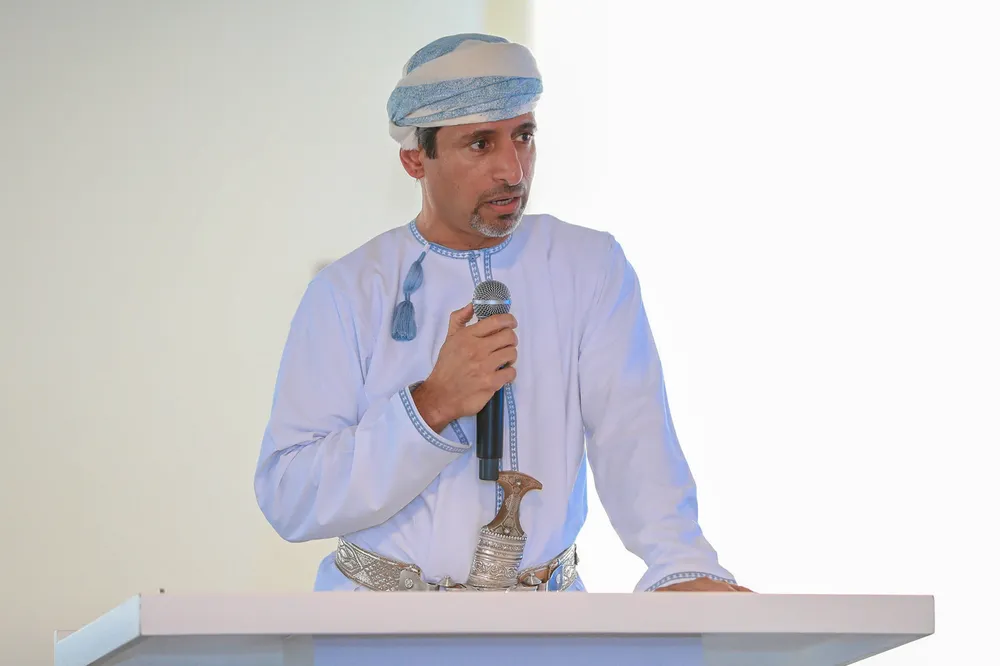BP and Shell among first winners of Oman's green hydrogen land lease auction
Three blocks of land near the port of Duqm awarded by government as the Gulf country aims to produce 1.25 million tonnes of renewable H2 annually by 2030

Three blocks of land near the port of Duqm awarded by government as the Gulf country aims to produce 1.25 million tonnes of renewable H2 annually by 2030
